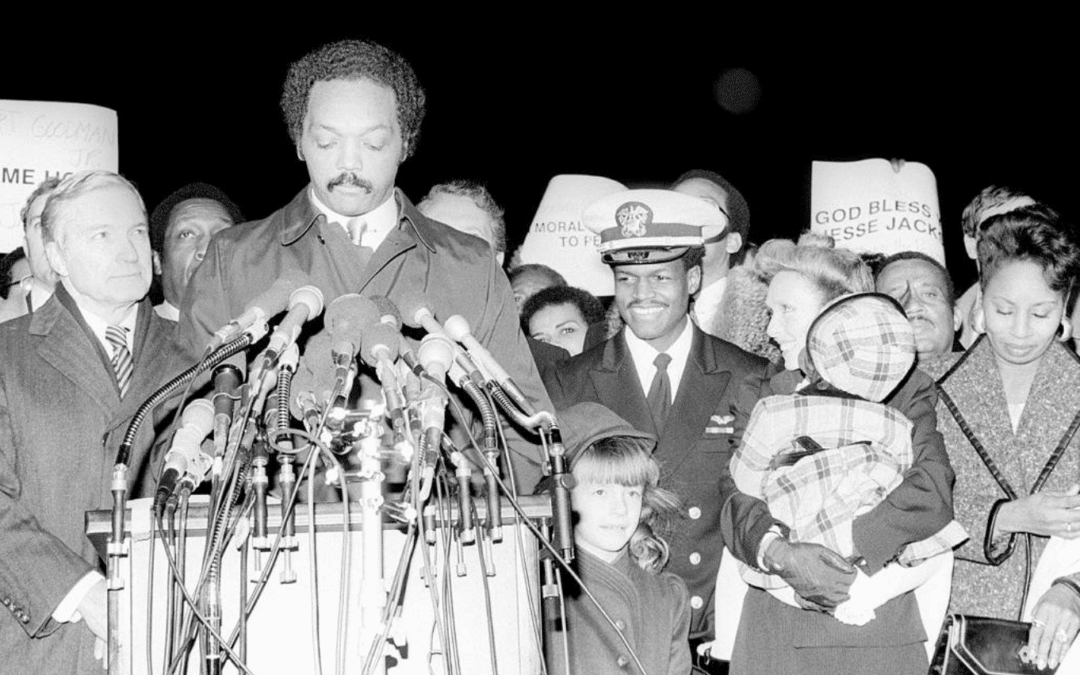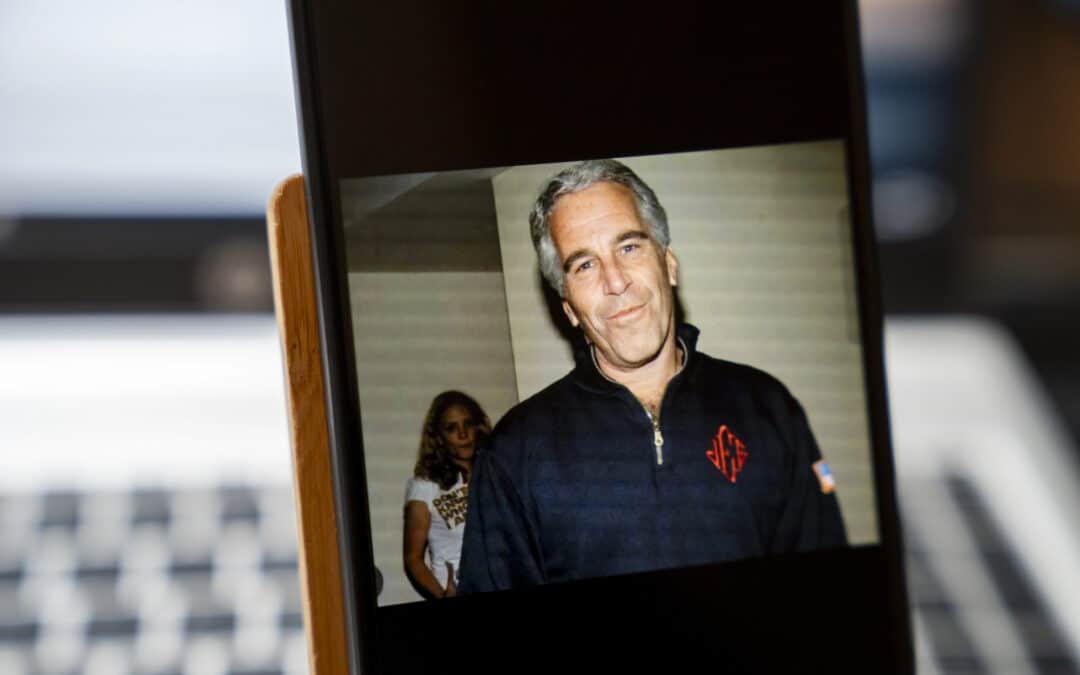When Alysa Liu glided across the ice in Milan to claim gold at the 2026 Winter Olympics, the celebration was immediate and well deserved. She is a remarkable athlete. What followed just as quickly, however, was a familiar rhetorical maneuver: the deployment of her story as evidence that America's immigration system needs no serious scrutiny. Liu's father immigrated from China, and within hours, the usual chorus had assembled. Nick Gillespie of Reason magazine captured the sentiment: By accepting large numbers of refugees--political, religious, economic--we not only improve their lives, we...

















